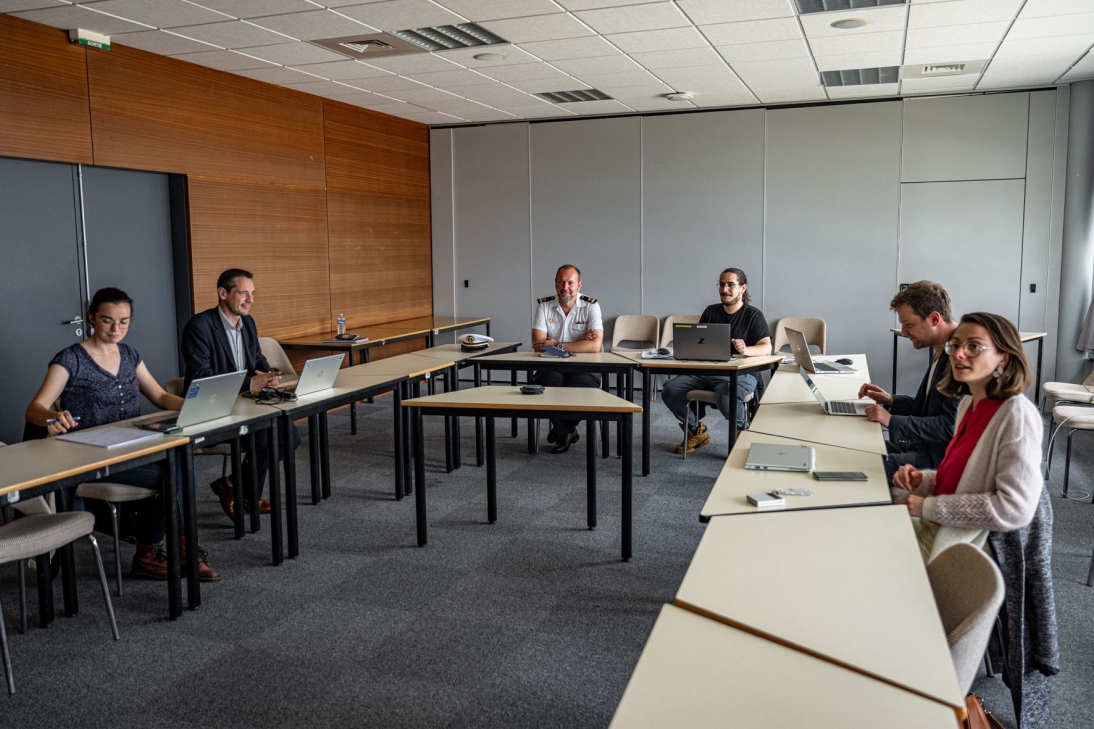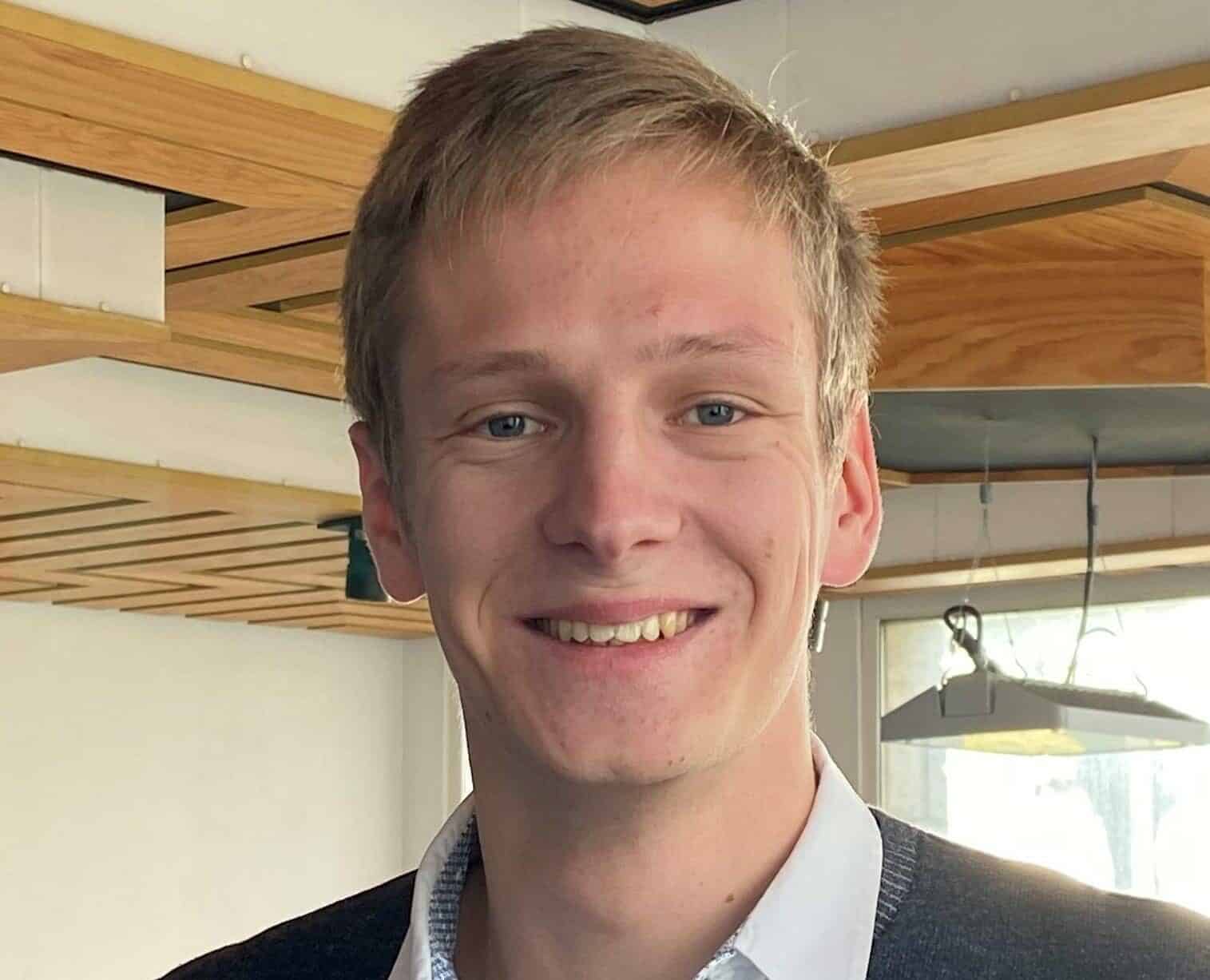Fruitful working day Ecole navale / Naval Group


I am from Arras and since I was very young, I have always wanted to do computer science. After my baccalaureate, I studied a technician degree in computer science where I studied programming, before joining a specialized engineering school in this domain. I wanted to specialize in artificial intelligence and I therefore chose a school specialized in this area: ESGI in Paris. During my three years of study, I had the chance to carry out my last two years participating in an industrial training program at Thales Brest, where I specialized in HUMS (Health Usage and Monitoring System) and more particularly in predictive maintenance.
It was done quite naturally after my technician degree in computer science, since the AI was booming and I chose a school which gave me a diploma in artificial intelligence and Big Data. At the end of this training, I wanted to reorient myself towards research which is not common after obtaining an engineering diploma, but it is possible. I also wanted and had the aspiration to work in innovation and bring my “stone to the building”. I was aware via Thales that a chair related to artificial intelligence for decision support was being created. My skills already acquired at Thales linked to my diploma allowed me to get a thesis within the chair NAIADE.
My subject’s acronym is OPIAD, we like acronyms in the defense industry! The acronym translated to English means: Optimization of the AI-sailors team for acoustic detection. The goal is to assess an artificial intelligence that interacts and works with the acoustic detection operators. I have three years to carry out my thesis. For this subject, I have set myself the objective of creating an AI agent system, which would allow the operator in acoustic detection to have access to reliable data in order to make optimal decisions. OPIAD is a complex thesis that includes several domains: AI, of course, but also cognitive psychology, ergonomics, end human-machine interaction, with the challenge of finding where to place the cursor properly. Let me explain: AI must be accepted by acoustic operators, even though AI should not do all the operators’ work. The goal is to preserve the free will of operators, their knowledge of the environment, and the acoustic detection expertise.